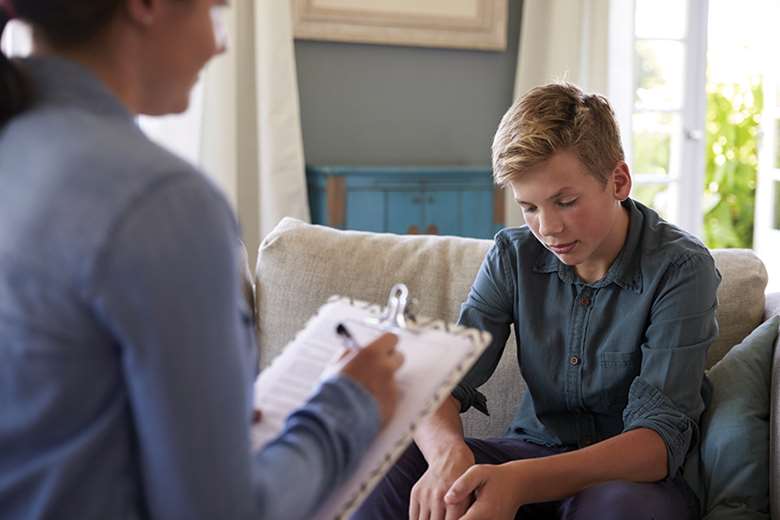Moving children away from gangs fails to protect them, say experts
Joe Lepper
Wednesday, March 4, 2020
Moving teenage victims of criminal exploitation away from their local area is not an effective way of protecting them from gangs, according to expert analysis.

The Child Safeguarding Practice Review Panel’s It Was Hard To Escape report looked at how teenagers can be better protected from criminal exploitation.
It found that moving children and families affected by gang crime “works for a short period but is not effective as a long-term strategy”.
“Moving children or whole families out of the area provides a breathing space and immediate safety but was not effective as a medium or longer term strategy,” states the report, which calls for a “clear and consistent plan for supporting the child and managing risk in the new location”.
-
Children in care who are moved ‘out of area’
-
Youth Work: Special Report
-
Youth workers tackle knife crime in Northampton
Relocation is often carried out by councils when a child is considered to be at serious risk of harm and violence.
The report looks in detail at 21 cases. Of these, eight children had been relocated, including two looked-after children, with the others involving a whole family being moved or where a child stays with family members elsewhere.
But two children were attacked and murdered after they returned to the local area they were at risk.
“This confirmed the view that the area was a dangerous place for that young person to be but that simply moving the child or the family does not in itself remove the risk,” states the report.
“Communication remains relatively easy through social media and intensive follow-up and monitoring is likely to be needed to ensure children do not drift back to those areas.”
Further work is needed to encourage children not to return to a local area where they are at risk, adds the report.
One child, whose case was looked at by researchers said: “I could contact anyone from here as easily as from home. Changing your mindset is what’s important, not just moving you out.”
Another challenge of relocation is that some children become involved in crime in their new area.
In addition, moving children disrupts their education and the support in place for families.
“For some families, it meant younger siblings having to change schools and parents facing problems maintaining employment,” states the report.
The report calls for far greater focus on the needs of parents and siblings in their new location.
It also wants to see council housing departments prioritise families needing to be moved for their own protection. The report details the case of one family who moved back to an at-risk area to prevent the loss of their permanent housing rights. But “within months their son was killed”.
The Child Safeguarding Practice Review Panel is an independent body of care, justice and health experts set up to review serious child safeguarding cases.
Meanwhile, a survey by the charity YMCA has found that a quarter of young people feel so afraid of gangs they are unable to spend time with friends outside of school.
The survey also found that just half of young people were able to identify youth services near them, even though a similar proportion (55 per cent) believe the primary role of youth provision is to keep young people off the streets.




